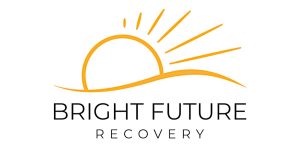Bright Future Recovery does not offer mental health treatment services relating to schizophrenia or other major trauma.
This article provides general information and discussions about substance abuse and mental health related subjects. The information and other content provided in this blog, website or in any linked materials are not intended and should not be considered, or used as a substitute for, medical advice, diagnosis or treatment. This blog does not constitute the practice of any medical, nursing or other professional health care advice, diagnosis or treatment. We cannot diagnose conditions, provide second opinions or make specific treatment recommendations through this blog or website.
If you or any other person has a mental health concern, you should consult with your health care provider or seek other professional medical treatment immediately. Never disregard professional medical advice or delay in seeking it because of something that you have read on this blog, website or in any linked materials.
Co-occurring Disorder Treatment
- Cheree Ashley
- Medically Reviewed
Many people who deal with substance abuse issues also have co-occurring disorders. Co-occurring disorders can make treatment for substance abuse more complex. The complexity of cases of substance abuse with the presence of a co-occurring disorder makes receiving the correct recovery treatment incredibly important to the success of a client’s long-term sobriety.
What is a Co-Occurring Disorder?
Co-occurring disorders are mental health disorders that occur in conjunction with substance abuse issues like alcohol or drug addiction. Those who have mental health disorders may be inclined to use drugs or alcohol in an attempt to cope with their co-occurring disorder. There are many factors that may encourage the use of drugs or alcohol by those who have co-occurring disorders, including major life events, trauma, loss, issues with family, poverty, and other instances of severe stress. The treatment of co-occurring disorders is important for those who are receiving substance abuse treatment, as both co-occurring disorders and substance abuse issues can trigger one another. Many treatment facilities are properly equipped to treat both substance abuse issues and co-occurring disorders.
Common Co-Occurring Disorders
There are many co-occurring disorders that can be present in those who have substance abuse issues. Some of the more common co-occurring disorders include:
- Depression
- Anxiety disorder
- ADD and ADHD
- Bipolar disorder
- Schizophrenia
- PTSD
- Obsessive compulsive disorder
What is Substance Abuse?
Substance abuse is the sustained misuse of a substance that a person has the potential to form an addiction to. In many cases, a person who has a co-occurring disorder will end up trying a potentially addictive substance in an effort to lessen the symptoms of their co-occurring disorder. While there is a chance they may feel temporary relief from their co-occurring disorder, after the substance is no longer in the body, any relief the substance provided will subside. The individual may then try the substance again and again. As the substance is ingested repeatedly, the body develops a tolerance to the substance. Once a tolerance is built, the individual will have to consume larger amounts of the substance in order to feel the same desired effects. As the body becomes more accustomed to the presence of the substance, a dependence can form. When a dependence forms, the body requires that substance in order to function properly. Without the substance, the individual will begin to experience withdrawal symptoms.
Symptoms of Substance Abuse
There are many different symptoms of substance abuse. Symptoms can be both behavioral and physical. The symptoms an individual displays as a result of substance abuse tend to vary depending on a number of factors, including the type of addictive substance being ingested and the method of ingestion. Some of the most common symptoms of substance abuse include:
- Aggression
- Irritability
- Sadness
- Lethargy
- Glazed eyes
- Dilated or constricted pupils
- Bloodshot eyes
- Sudden weight changes
- Sudden changes in appearance
- Poor coordination
- Insomnia
- Over-sleeping
- Changes in social groups
- Ignoring responsibilities
- Mood swings
The Relationship Between Co-Occurring Disorders and Substance Abuse
Substance abuse and co-occurring disorders typically have a close relationship. While many people who develop substance abuse issues first use an addictive substance because they believe it will provide relief from their co-occurring disorder symptoms, over time substance abuse actually has the potential to worsen the symptoms of a co-occurring disorder. Those who have co-occurring disorders are also more likely to have issues with substance abuse. In this way, substance abuse and co-occurring disorders can quickly snowball out of control, leaving individuals in dire need of help through a treatment program.
Treatment Options for Co-Occurring Disorders and Substance Abuse
There are a multitude of different types of treatment available to those dealing with co-occurring disorders in addition to substance abuse. Both inpatient or residential treatment and outpatient treatment are available to those who have substance abuse issues and co-occurring disorders. Because of the complexity of cases of co-occurring disorders and substance abuse, clients are typically encouraged to attend an inpatient treatment center as opposed to outpatient treatment. At an inpatient treatment center, clients receive the highest level of care from licensed therapists and healthcare professionals, helping to ensure success on their recovery journey. Inpatient treatment requires that clients live on the recovery center campus while receiving treatment, allowing them to focus on their rehabilitation 24/7.
Inpatient Treatment for Co-Occurring Disorders and Substance Abuse
During inpatient rehabilitation, clients first attend a detoxification program where their bodies are allowed to rid themselves of the toxins left over from addictive substances. Detox is typically medically assisted in order to help give clients relief from their withdrawal symptoms. During this time, clients will also answer a number of inquiries about their co-occurring disorder.
After detox, clients enter into a number of different therapies, both group and individual, designed to help address their problems with substance abuse and their co-occurring disorder. Clients will be taught how to better manage symptoms of their co-occurring disorder, avoid potential substance abuse triggers, cope with cravings appropriately, and avoid instances of relapse after they leave the treatment program.
Clients are also encouraged to attend outside support groups like AA or NA, which may host meetings at the treatment facility. Clients at residential rehabilitation programs also typically receive aftercare, which helps them transition back into their day-to-day life outside of treatment.
Finding Treatment for Co-Occurring Disorders and Substance Abuse
Finding the right California drug rehab is important when trying to recover from substance abuse and a co-occurring disorder. Those who are seeking treatment may wish to attend a specialized rehabilitation facility, like one for only women or men. Additionally, those who are looking into treatment for substance abuse and co-occurring disorders may have limits on how far they are willing to travel for treatment. Some clients may wish to remain close to home, in a place they are familiar with. Others may wish to travel away from home so they can see new places and experience new things while receiving treatment. Expanding your search for treatment facilities and being willing to travel may present more options when it comes to rehabilitation facilities.
Covering the Cost of Co-Occurring Disorder and Substance Abuse Treatment
Covering the cost of treatment is something most people consider first when looking for treatment options for substance abuse and co-occurring disorders. Finding a way to pay for treatment can be intimidating, but clients should lever let finances discourage them from finding treatment for their substance abuse and co-occurring disorders. Whether utilizing insurance is an option or not, clients can rest assured paying for the cost of treatment is possible.
With Insurance
For those who have health insurance, paying for treatment is typically fairly simple. Most insurance companies cover substance abuse treatment either in part or fully under behavioral health coverage. Different treatment centers accept different insurance companies, so contacting the treatment centers you are considering is recommended. Additionally, clients should contact their insurance company directly in order to determine their specific coverage options.
Without Insurance
Individuals who do not have health insurance also have options when it comes to paying for co-occurring disorder and substance abuse treatment. Many treatment facilities are willing to work with their uninsured clients and create payment plans that allow clients to pay for their treatment over time as opposed to paying in full upfront.
Those without insurance also may wish to reach out to family and close friends for help with covering the cost of treatment. Individuals who are in the client’s support system will likely be eager to help their loved one on their recovery journey.
Final Thoughts about Co-Occurring Disorders and Substance Abuse
Co-occurring disorders often complicate the already complex issue of substance abuse. When co-occurring disorders and substance abuse require professional help, finding a rehab center that offers co-occurring treatment is the best way to find sobriety that lasts, as well as discover ways to manage co-occurring disorders and the effect they have on day-to-day life.

When it comes to addiction treatment and recovery, Bright Future Recovery’s team delivers beyond expectation.







